Family trees throughout the Old Testament are fascinating and full of intrigue. The lineage of the Patriarchs and tribes of Israel sometimes read like a crossword clue. Jacob and Esau were twins, but far from identical twins. What was their story and how did it turn out?
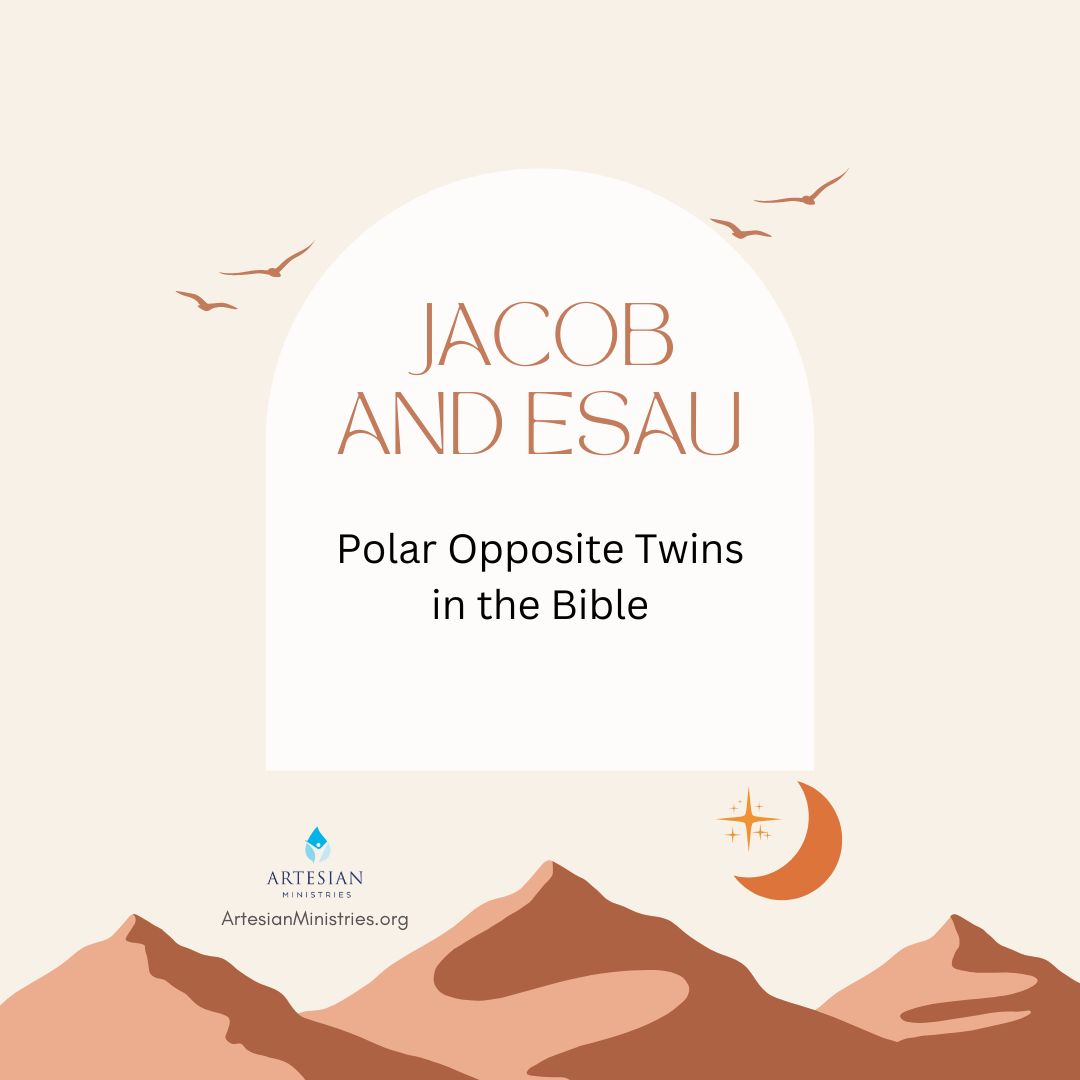
Contents
Sons of Isaac
We find the account of Jacob and Esau in the Book of Genesis. They were the first sons of Isaac and his wife Rebekah:
“Isaac was forty years old when he took Rebekah, the daughter of Bethuel the Aramean of Paddan Aram, the sister of Laban the Aramean, to be his wife. And Isaac prayed to the Lord for his wife, because she was barren. And the Lord granted his prayer, and Rebekah his wife conceived” (Genesis 25:20-21).
The father of Isaac was Abraham. In Genesis 15, God made a covenant with Abraham that contained divine promises of more descendants than the stars in the sky. Biblical history has proved that true. Consequently, Jacob and Esau were the grandsons of Abraham, the first Patriarch of God’s people.
Two Nations in One Womb
After struggling to conceive, God’s blessings showered on Rebekah and she became pregnant with twin boys. However, they were already fighting in the womb:
“The children struggled together within her, and she said, ‘If it is thus, why is this happening to me?’ So she went to inquire of the Lord. And the Lord said to her, ‘Two nations are in your womb, and two peoples from within you shall be divided; the one shall be stronger than the other, the older shall serve the younger‘” (Genesis 25:22-23).
If you have siblings, perhaps you can relate to struggling with your sister or brother after birth. However, from the moment they could move, Jacob and Esau struggled.
Related post: What Does the Bible Teach About a Pure Heart?

Twin Boys
When the twins were born, Esau came out first. However, his twin brother Jacob did not give up that easily.
“The first came out red, all his body like a hairy garment, so they called his name Esau. Afterward his brother came out with his hand holding Esau’s heel, so his name was called Jacob. Isaac was sixty years old when she bore them” (Genesis 25:25-26).
Did you notice Isaac’s age? He was forty years old when he married Rebekah. For twenty years, they struggled through the desert of infertility. Many parents can relate to that pain. Imagine the pure joy of Isaac and Rebekah as they held their twin sons who had been long prayed for.
Related post: 100 Promises of God in the Bible to Strengthen Faith

The Damage of Favoritism
Jacob and Esau were twins, but that is where the resemblance ended. They were vastly different in personality and appearance. As the eldest son, Esau was in line to receive his father’s birthright and a double portion of his father’s inheritance.
A biblical birthright was important because it gave the firstborn son the privilege of a double portion of the inheritance, leadership over the family, and the blessing to carry on the covenant promise. Unfortunately, we see the dark shadow of favoritism enter the picture:
“When the boys grew up, Esau was a skillful hunter, a man of the field, while Jacob was a quiet man, dwelling in tents. Isaac loved Esau because he ate of his game, but Rebekah loved Jacob” (Genesis 25:27-28).
A child tends to gravitate to the parent who possesses similar mannerisms and things they love. I see this clearly in my three sisters and me. Two of us are like Dad, and two of us are more like Mom. But Jacob and Esau were about to take those differences to another level.
Related post: Meant for Good: A Study of Joseph
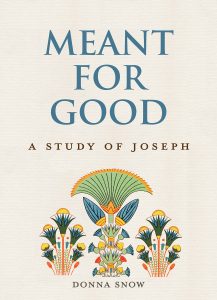
Stealing the Father’s Blessing
As the younger twin, Jacob would not receive his father’s most powerful blessing: the birthright. His older twin brother Esau was first in line to receive it. Consequently, Jacob hatched a plan to steal it.
“Once when Jacob was cooking stew, Esau came in from the field, and he was exhausted. And Esau said to Jacob, ‘Let me eat some of that red stew, for I am exhausted!’ Jacob said, ‘Sell me your birthright now.’ Esau said, ‘I am about to die; of what use is a birthright to me?’ Jacob said, ‘Swear to me now.’ So he swore to him and sold his birthright to Jacob‘” (Genesis 25:29-33).
As the firstborn son of Isaac, Esau did not value the blessing. Not only that, Esau asked for an additional blessing (without repenting of his giving away the first one) after Isaac had already blessed Jacob.
Esau put his temporary, physical needs over his God-given blessing and sold his birthright to Jacob. He wanted instant gratification: a bowl of stew instead of his father’s birthright. It reminds me of when I failed to save money as a young adult. Why put $20 in savings when I could buy the latest gadget? Long-haul blessings are lost in the face of instant gratification.
Just as Jacob would not let go of his brother’s heel at birth, this second twin would not let go of receiving a lesser blessing from his father Isaac.
Related post: What is the Biblical Meaning of Restore and Renew?
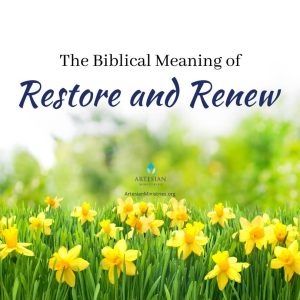
Isaac’s Blessing
Years later, Isaac “was old and his eyes were dim so that he could not see” (Genesis 27:1). Esau’s mother, Rebekah, decided that it is time to interfere so that her favorite son Jacob would receive Isaac’s blessing instead of the older son Esau.
“Now Rebekah was listening when Isaac spoke to his son Esau. So when Esau went to the field to hunt for game and bring it, Rebekah said to her son Jacob, ‘I heard your father speak to your brother Esau, ‘Bring me game and prepare for me delicious food, that I may eat it and bless you before the Lord before I die.’ Now therefore, my son, obey my voice as I command you‘” (Genesis 27:5-8).
Rebekah set out to make Isaac a meal of the wild game he loved (much more than a bowl of soup). She dressed Jacob in Esau’s clothes and put the hairy skins of goats on his hands and neck. When Isaac reached out with poor eyesight to bless Esau who was a hairy man, he would not encounter Jacob’s smooth, hairless skin.
The ruse worked and Isaac blessed Jacob instead of Esau. The older brother was livid: “Now Esau hated Jacob because of the blessing with which his father had blessed him” (Genesis 27:41) and determined to kill his brother Jacob. Forgiveness was not in his agenda.
Related post: Powerful Wednesday Morning Prayers and Blessings
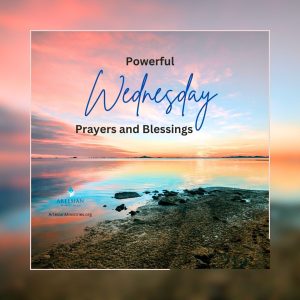
The Story of Jacob
Jacob’s character certainly lived up to the meaning of his name, “to supplant or overreach.” He ended up running from Esau for years as he worked for his uncle Laban to marry the love of his life, Rachel. Rachel was Laban’s younger daughter.
Laban tricked Jacob into marrying Rachel’s older sister, Leah, by switching them on his wedding night. After seven years of marriage and working for Laban, Jacob finally married Rachel. Jacob eventually moved away from Laban after working for him for fourteen years and marrying two of his daughters. During that departure trip, Jacob made peace with his brother Esau.
As the “second baby”, Jacob was not a skilled hunter or man of the open country. God had given him other gifts. God molded him into an important figure in human history and biblical history. It was God’s choice to bless Jacob with twelve sons, who eventually comprised the twelve tribes of Israel.
It would be hard to say that Jacob lived a blessed life, but God never left his side. Jacob’s lineage and family tree included King David and eventually our Lord and Savior Jesus Christ.
Related post: The Lineage of Jacob and His Family Tree
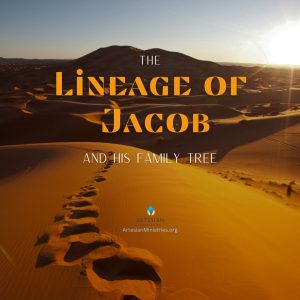
The Story of Esau
After selling his birthright and confronting Jacob, Esau continued to the region of Seir. The Edomites were Esau’s descendants (Esau is also known as Edom, the Hebrew word for “red”).
Esau’s hostility towards Jacob for stealing his birthright and his share of Isaac’s inheritance passed on through his descendants. The Edomites and Israelites were separate nations and constant enemies in the Bible. The Edomites even tried to conquer Israel during the time of King Jehoshaphat but failed in the attempt.
Later in Scripture, the Edomites became a nation that was invaded and defeated by both Saul and David. They even became allies with Nebuchadnezzar, which included invading Jerusalem. They were known for their brutality and cruel actions, which gained criticism from later prophets.
The New Testament writer of Hebrews even mentions Esau: “See to it that no one fails to obtain the grace of God; that no ‘root of bitterness’ springs up and causes trouble, and by it many become defiled; that no one is sexually immoral or unholy like Esau, who sold his birthright for a single meal” (Hebrews 12:15-16).
Related post: Forgiveness: Received From God, Extended to Others

The Rest of the Story
In the end, the older did indeed serve the younger. Esau’s disdain for God is plain due to his desire to gain a blessing without repentance (Genesis 28:6) and his marriage to an Ishmaelite. As Matthew Henry writes, Esau married “only to please his father, not to please God. He rested in a partial reformation.”
Thanks to Jesus and His sacrifice on the cross and His work in our hearts by faith, you and I never rest in partial reformation.
Related Posts:
- Best Bible Reading Plans
- 10 Powerful Prayers for Repentance and Restoration
- What Does the Bible Say About Forgive and Forget?
About the Author
Donna is a sought-after speaker, multi-published author, and Bible teacher. Her path from unchurched to becoming passionate about sharing Jesus was difficult. Read about her God-breathed journey: “From Unchurched to Becoming a Multi-Published Author and Sought-After Speaker.” If you want to send Donna a quick message, visit her here.
{Some of these links are affiliate links. If you purchase through that link, the ministry may receive a small commission at no extra cost to you.}
